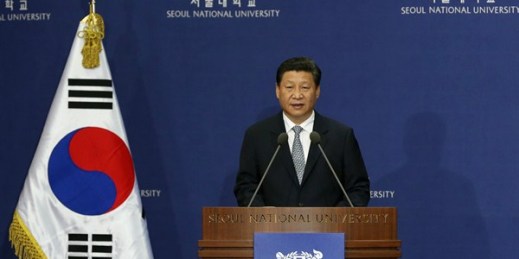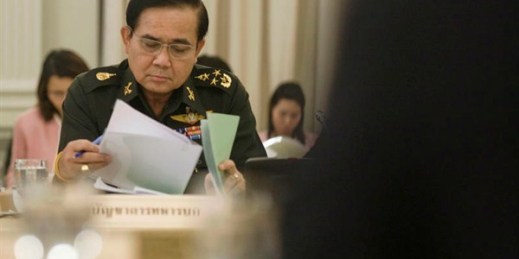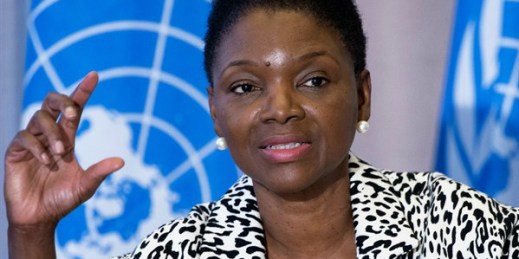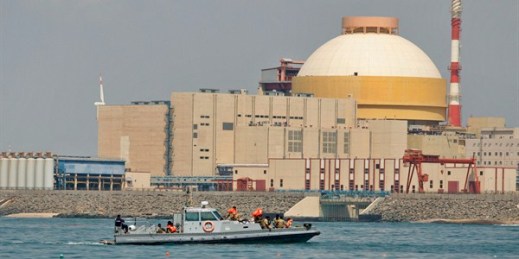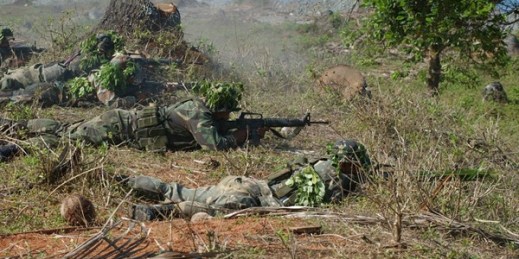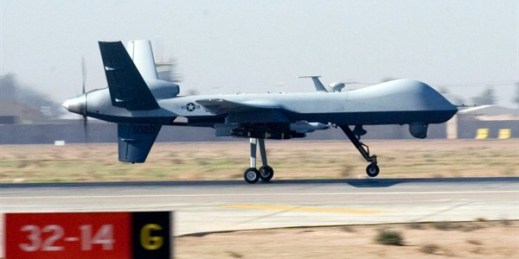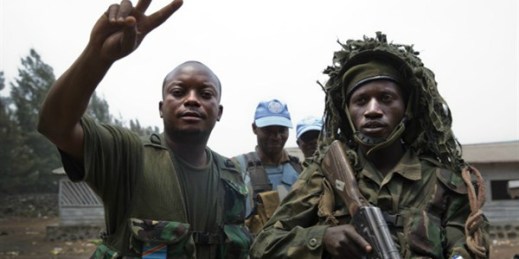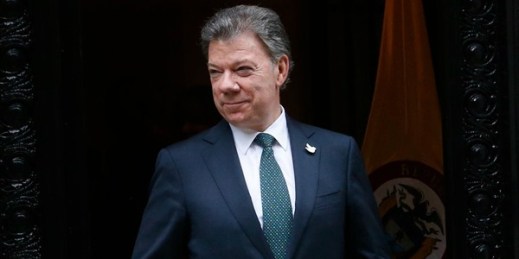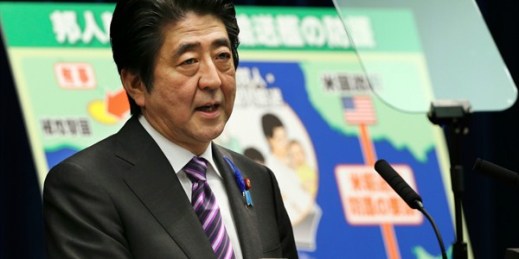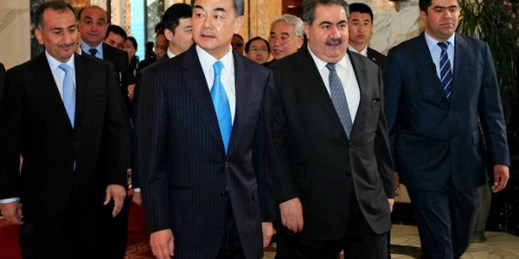
Like it did with the crisis in Ukraine, China is trying to keep out of the chaos in Iraq. But as the central government in Baghdad confronts the Sunni militants spearheaded by the Islamic State of Iraq and Syria (ISIS), an al-Qaida splinter group that aims to create an Islamic caliphate from eastern Syria to northwestern Iraq, it will be hard for China to preserve a policy of noninterference. This time around, unlike what happened in Ukraine, China cannot keep out of another sovereign nation’s internal affairs—until now a cornerstone of its diplomacy—given Beijing’s huge economic and commercial interests in […]

